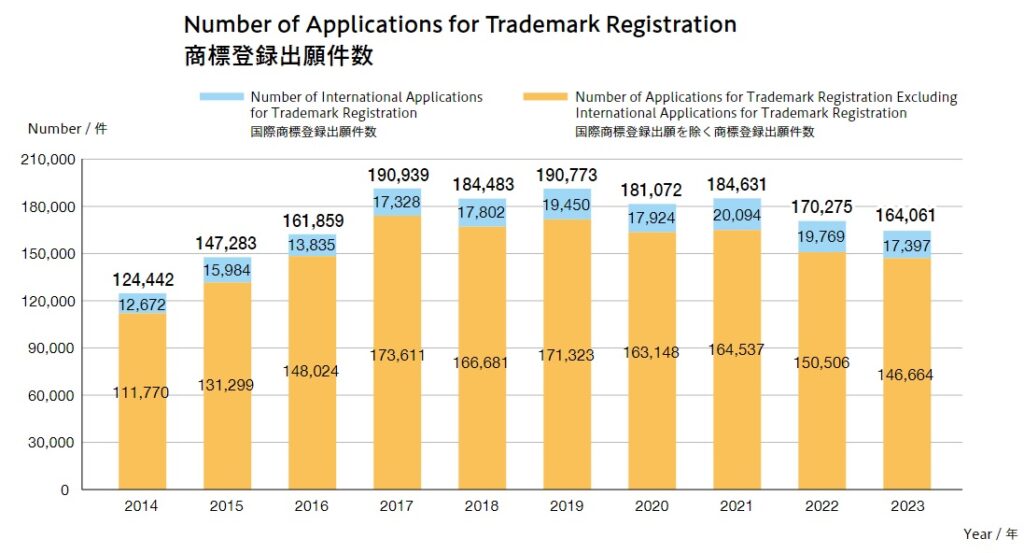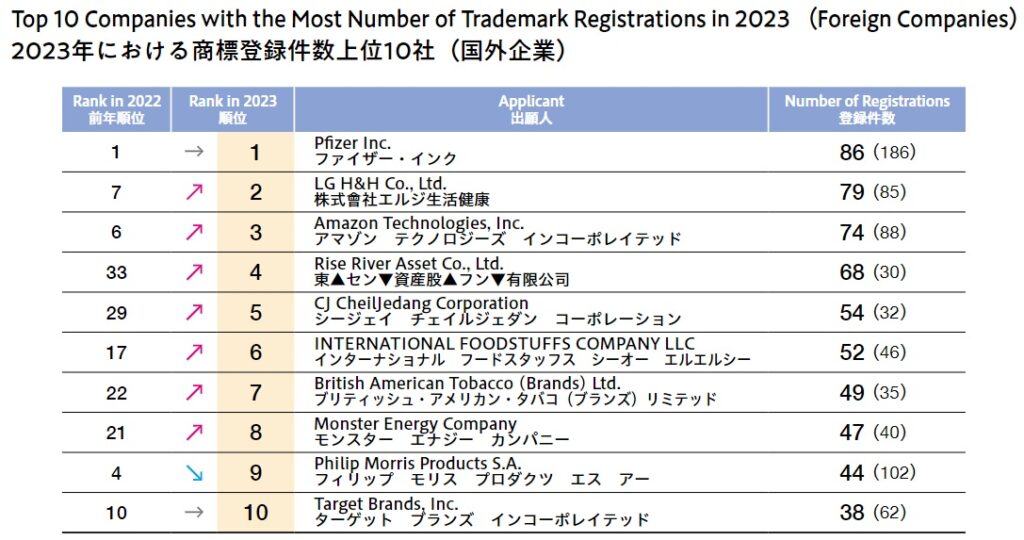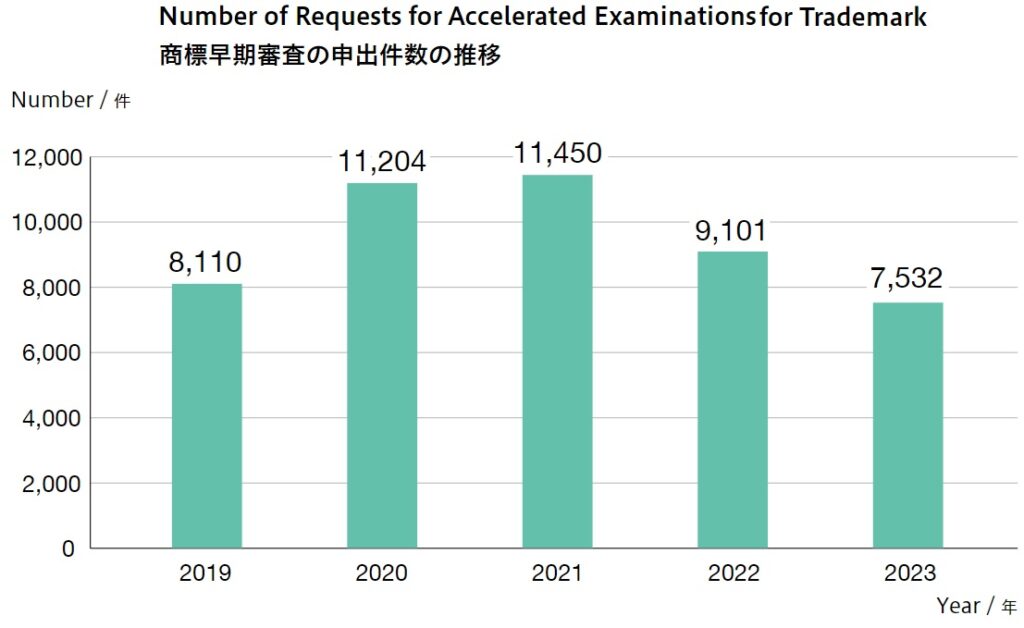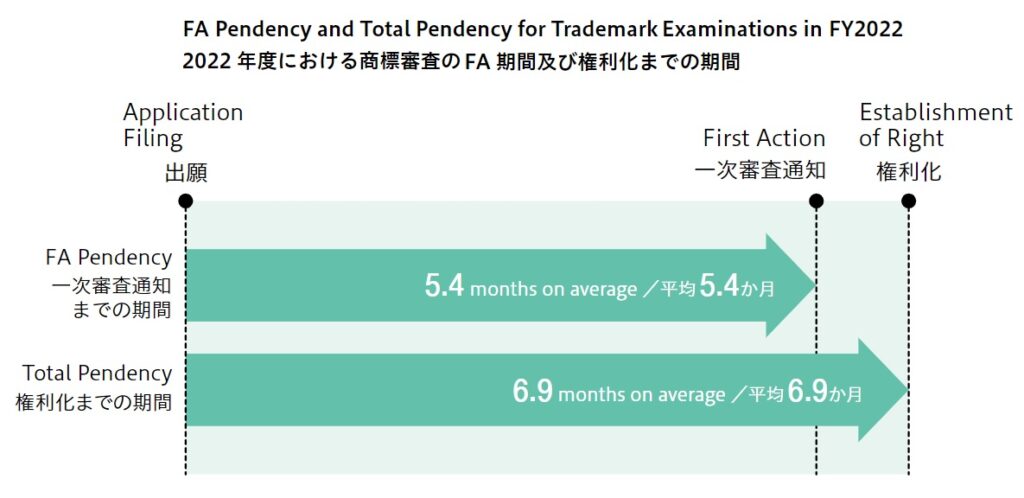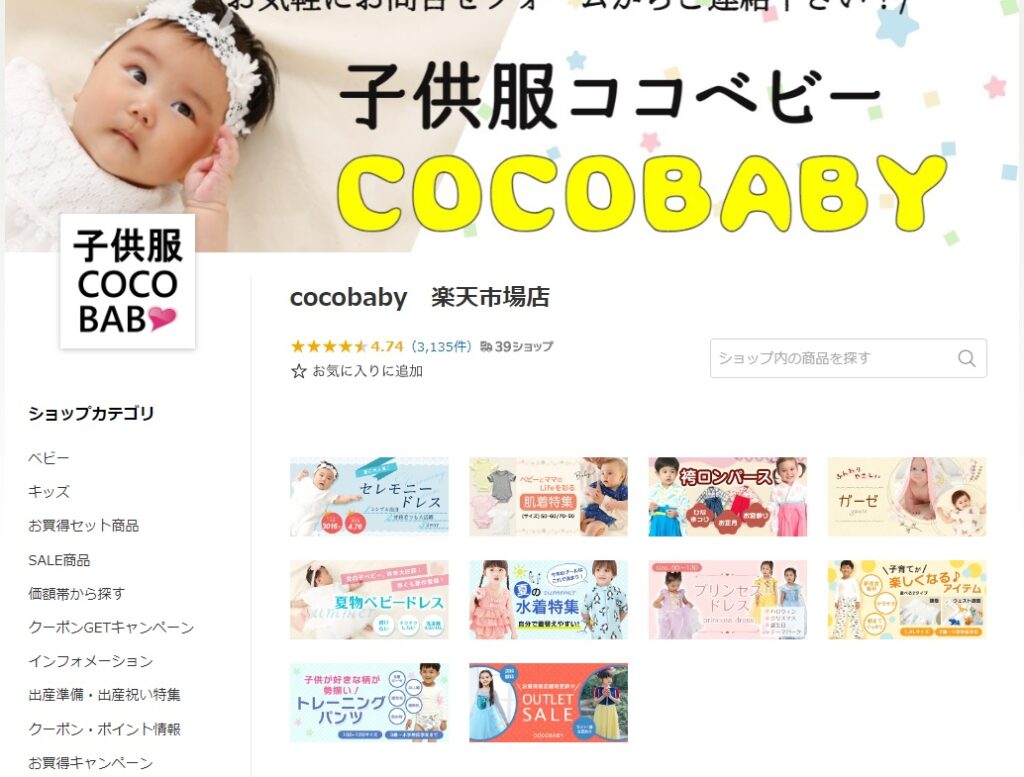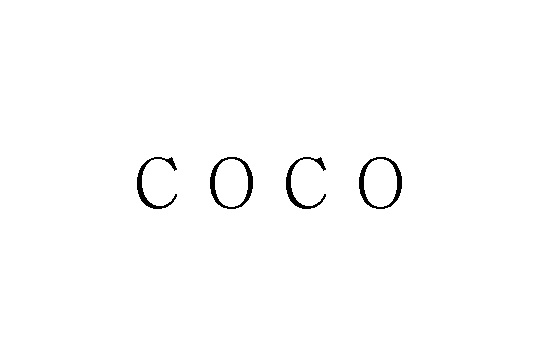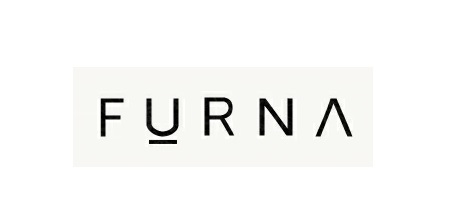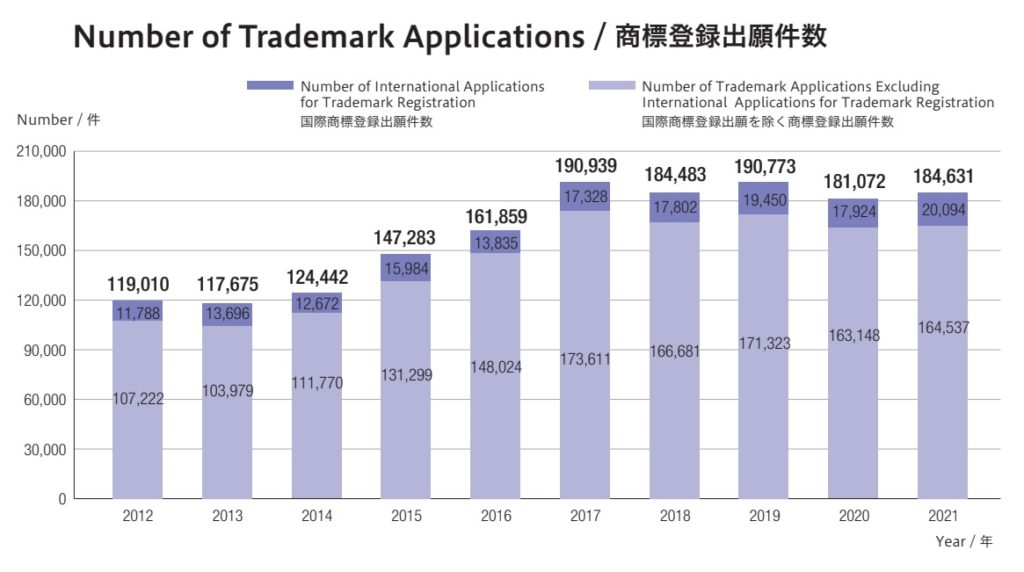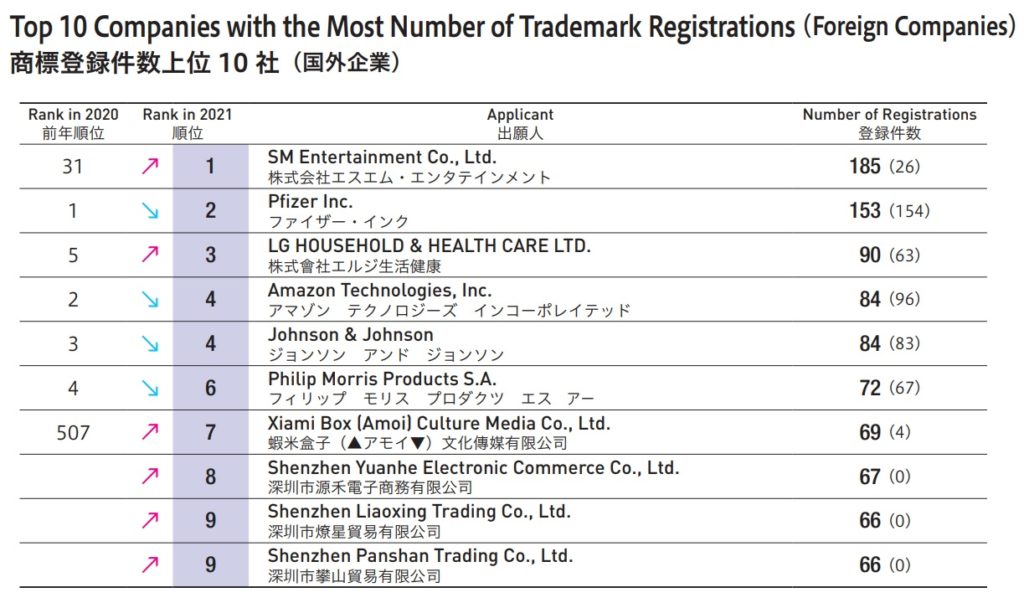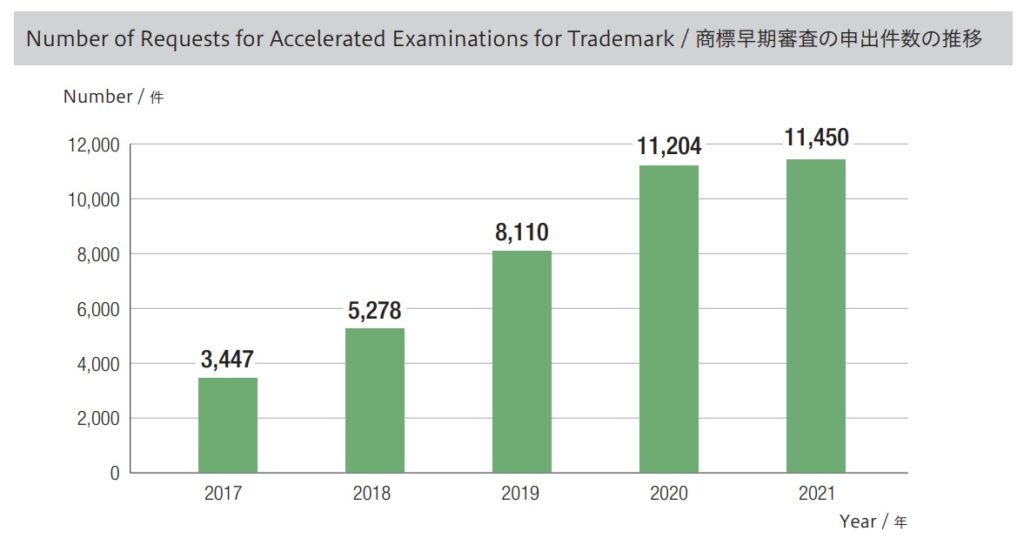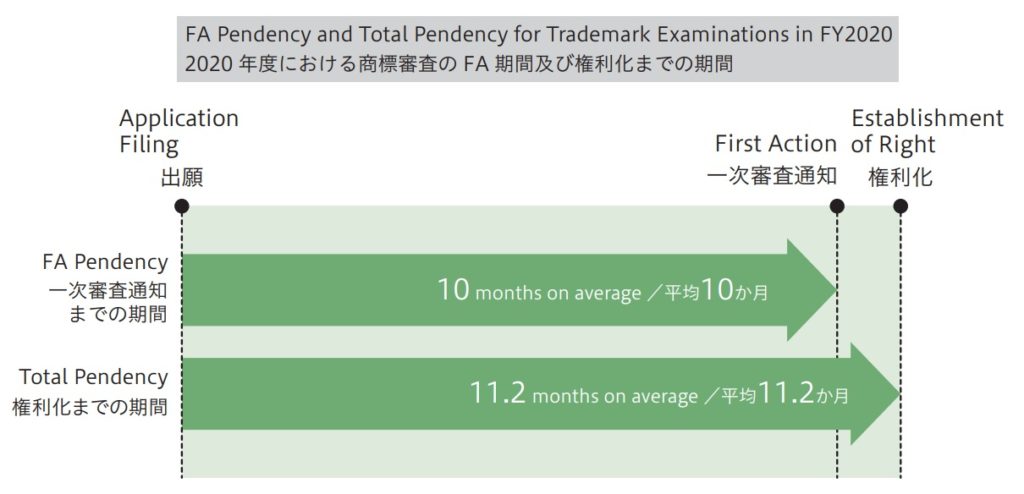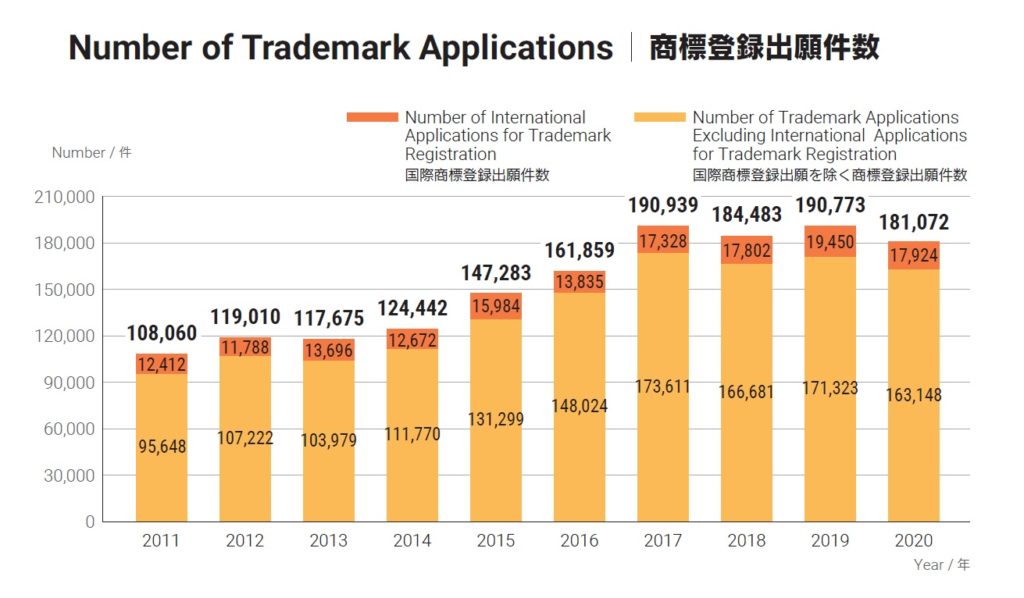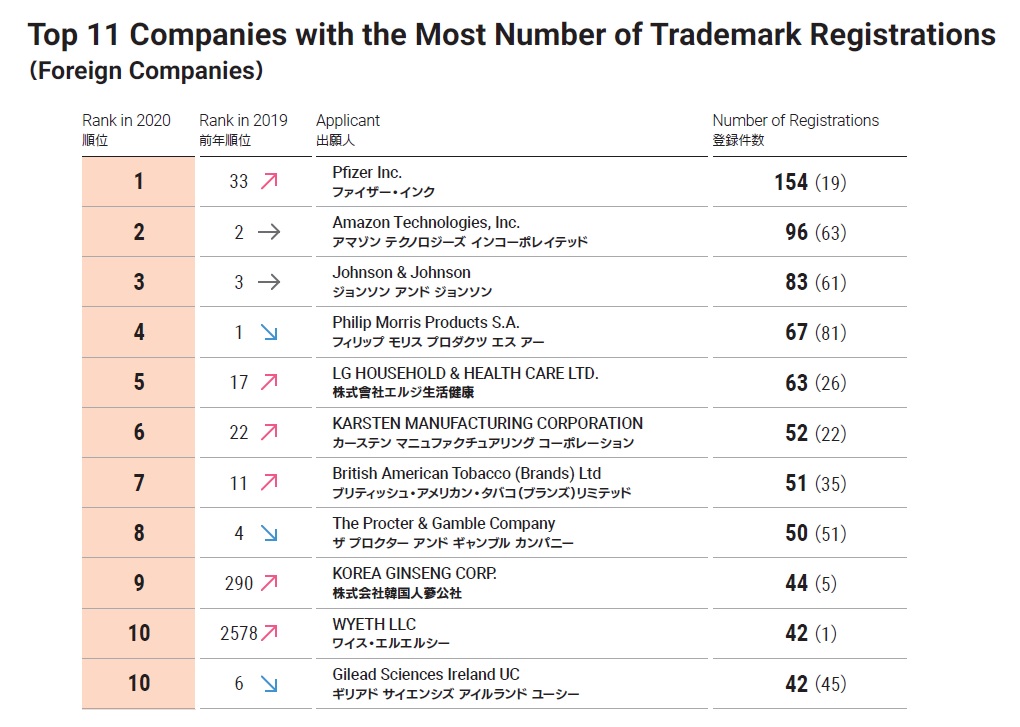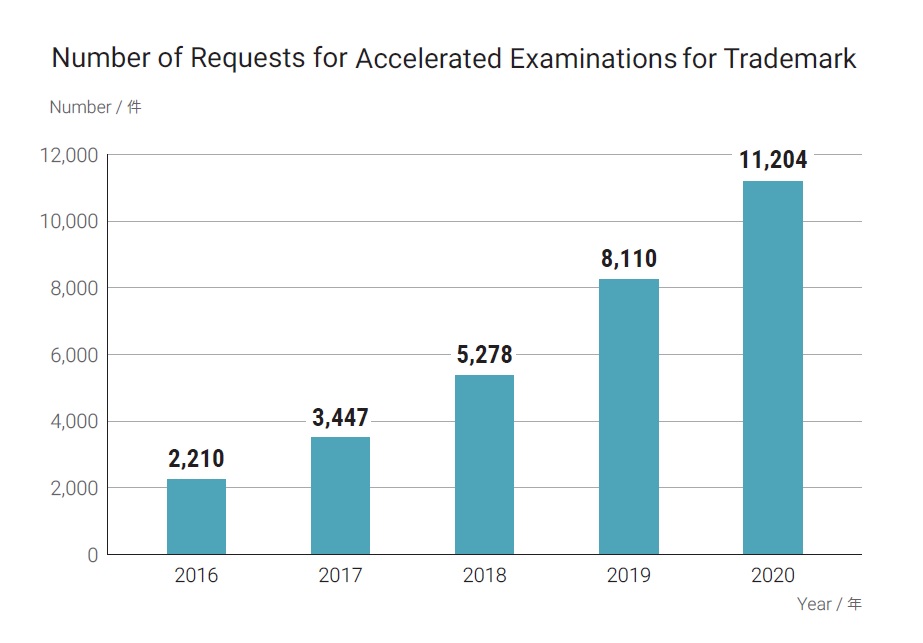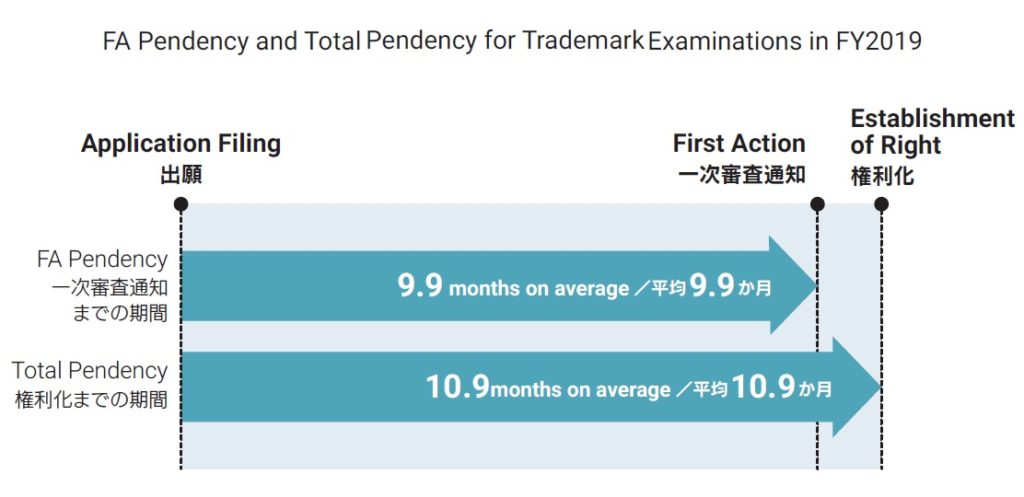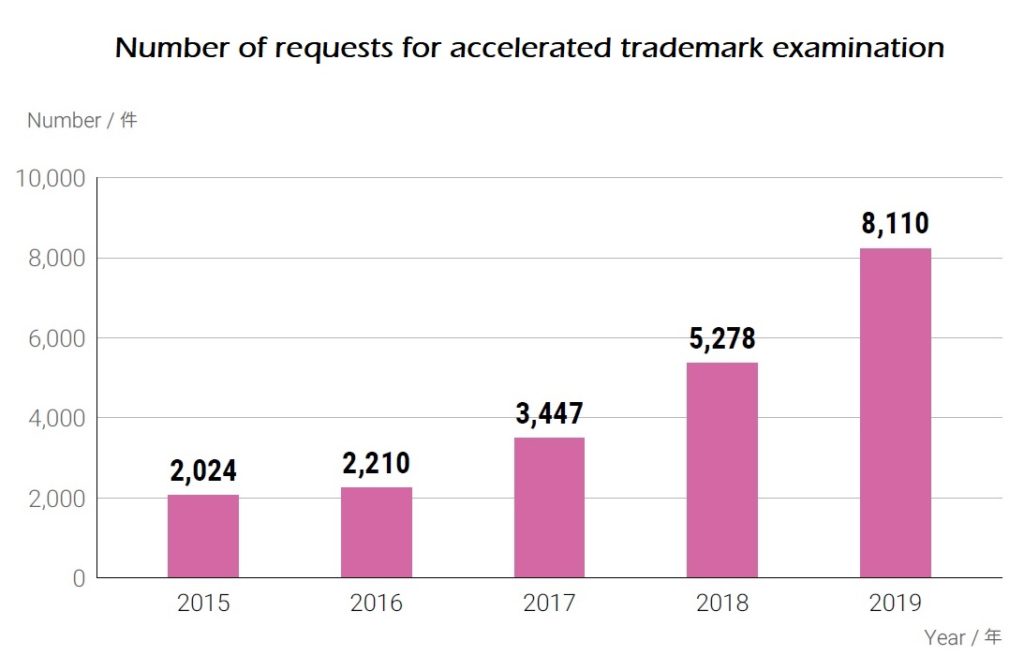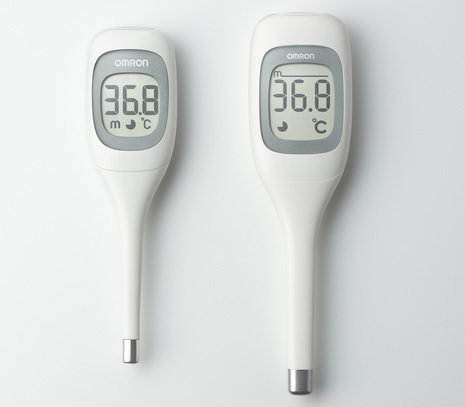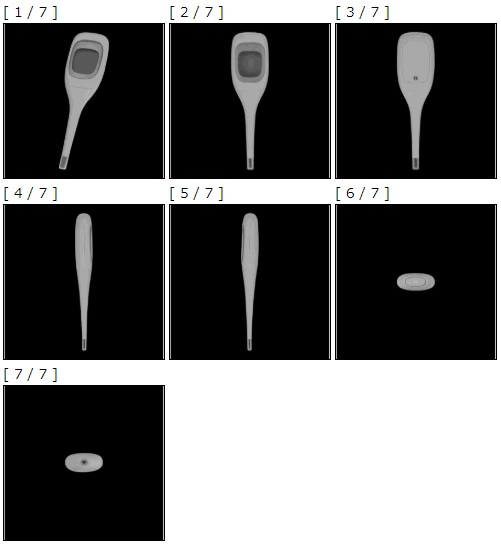Swiss manufacturer and retailer of luxury watches, jewelry and accessories, CHOPARD INTERNATIONAL S.A. failed in their attempt to stop the registration of a word mark “Happiness Diamond” at the Japan Patent Office.
[Opposition case no. 2019-900134, Gazette issue date: November 29, 2019]
HAPPINESS DIAMOND
Opposed mark (TM Registration no. 6118600), consisting of two words “Happiness Diamond” in standard character, was applied for registration on November 26,2018 for jewelry, accessories, watches in class 14 by Happiness and D Co., Ltd., a Japanese company.
At an initial application, applicant
requested the JPO to expedite substantive examination. In accordance with the
request, JPO examiner put a priority on the mark and admitted to grant
registration in two months subsequent to substantive examination.
Accelerated Examination
JPO applies the accelerated examination
system to trademark application on the condition that the application meets the
following condition.
- Applicant/licensee uses or will use applied mark on one of
designated goods/services at least, and there exists an urgency to
registration, e.g. unauthorized use by third parties
- All designated goods/services are actually or shortly used by
applicant/licensee, or
- Applicant/licensee uses or will use applied mark on one of
designated goods/services at least, and all the goods/services are
designated in accordance with a standard description based on Examination
Guidelines for Similar Goods and Services.
Accelerated examination system enables
applicant to obtain examination results in less than two months on average,
which is six months shorter than regular examination nowadays.
Opposition by Chopard
On April 26, 2019, before the lapse of a two-months opposition period, CHOPARD INTERNATIONAL S.A., a Swiss manufacturer and retailer of luxury watches, jewelry and accessories, filed an opposition to opposed mark.
Opponent (CHOPARD) claimed that the opposed mark “Happiness Diamond” shall be retroactively cancelled under Article 4(1)(x), (xi), (xv), (xix) of the Japan Trademark Law in relation to all designated goods in class 14 by citing an owned senior international registration no. 446502 for word mark “Happy Diamonds” covering ‘Mechanical hand-winding and self-winding watches; electric and electronic watches; chronometers; jewelry; jewelry watches; all these goods adorned with diamonds’ in class 14, which has been effectively registered in Japan since September 24, 2010.
Article 4(1)(x) prohibits to register a trademark which is identical with, or similar to, other entity’s well-known mark over goods or services closely related with the entity’s business.
Article 4(1)(xi) is a provision to refrain from registering a junior mark which is deemed identical with, or similar to, any senior registered mark.
Article 4(1)(xv) prohibits to register a trademark which is likely to cause confusion with a business of other entity.
Article 4(1)(xix) prohibits to register a trademark which is identical with, or similar to, other entity’s famous mark, if such trademark is aimed for unfair purposes, e.g. gaining unfair profits, or causing damage to the entity.
To stop registration of opposed mark, CHOPARD has to prove “Happy Diamonds” is similar to “Happiness Diamond”. Even if both marks are deemed dissimilar, CHOPARD is still able to win the case by demonstrating likelihood of confusion resulting from fame of CHOPARD “Happy Diamonds”.
Board Decision
To my surprise, the Board held “Happiness Diamond” is sufficiently dissimilar to “Happy Diamonds” by stating that:
- From appearance and pronunciation, both marks, consisting of two words, are unlikely to cause confusion given the difference on the first word “Happiness” and “Happy”.
- Besides, both marks do not give rise to any specific meaning. If so, it is incomparable in concept.
- Thus, from the totality of the circumstances, relevant consumers would neither associate nor connect opposed mark with “Happy Diamonds”.
The Board questioned whether CHOPARD “Happy Diamonds” has acquired a sufficient degree of reputation and popularity among relevant consumers in Japan to be protectable under Article 4(1)(xv) of the Trademark Law in view of produced evidences although opponent alleged its first use dates back to 1976. If so, it is unlikely that relevant consumers confuse or misconceive a source of the opposed mark with CHOPARD or any entity systematically or economically connected with the opponent.
Consequently, opposed mark is not subject
to Article 4(1)(x), (xi), (xv) and (xix), and remains valid as a status quo.
